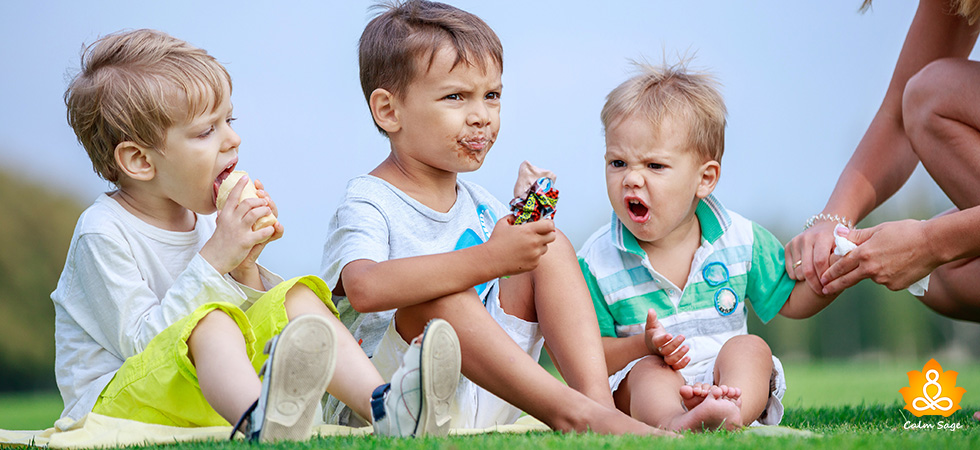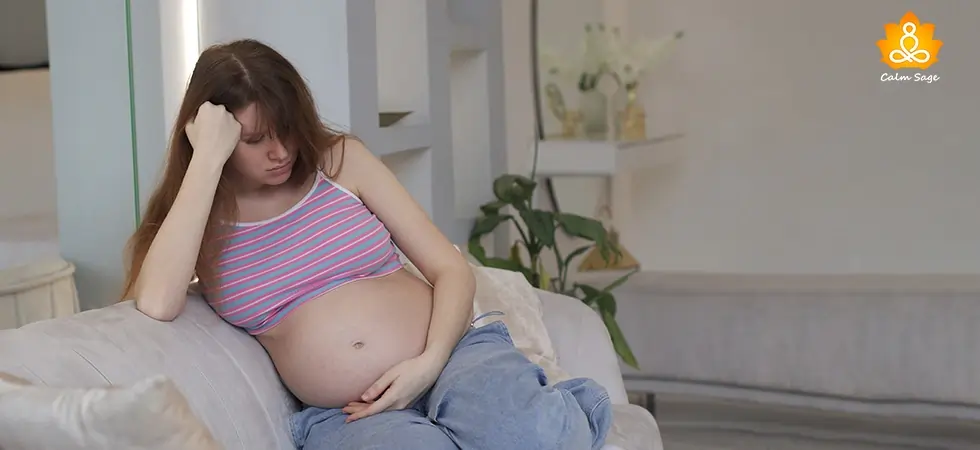YOUNGEST CHILD SYNDROME – What is it, and how it affects children

Youngest child syndrome is the term used to define the characteristics of the family’s youngest child. But what is it? Is it a psychological disorder? Well, there is no official diagnosis and neither is there a clinical definition for this syndrome. Still, some traits linked to the birth order explain the “youngest child syndrome.
” For example, when you hear someone talking about their child, even when fully grown you will get to know that the person is the youngest child. But why is it so? Why do children resort to some specific behavior set? This is what we intend to learn through this post.
How does Birth Order Make a Difference?
Studies show that a person often develops certain characteristics and nature that depend on the birth order. The youngest one is always in competition with the elder one. Though this competition is never forced, and it comes naturally, there is always a fight for parents’ attention and affection.
How a person behaves socially and professionally as an adult depends on how that person learned to get his way for what he wanted as he grew up. The young ones will find creative means to get what they want because there is always competition from the older ones. We will discuss the characteristics the family’s youngest child displays through this syndrome.
Characteristic
The young one of the family will always be the kid of the family. It doesn’t depend on the age of the person. They will always be considered as the kids of the family if they are the youngest ones. They will always be the baby of the family.
This treatment affects the mental and emotional development of an individual. Often, the younger one doesn’t acquire the level of seriousness as the older one does. We will now discuss a few of these characteristics that the kid of the family depicts.
1. Attention seekers:
As discussed, the “kid” must always fight for attention. This is because parents have already experienced all their “firsts” with the older one, and when it is time for the little one, the excitement or the effort is not the same. Their attention is to be divided among siblings now, hence the competition. Now, the little ones must work hard to seek attention from their parents and elder siblings.
2. Spoiled:
As a kid in the family, you will be the most pampered person. Parents usually aren’t as strict with younger ones as they were with the older ones. They are more flexible towards the youngest.
They have tried and tested all the restrictions and limitations on the elder one, so the younger one usually gets away with it. Elder siblings are also to be blamed for this part. They, too, treat their younger ones as a kid and usually spoil them.
3. Rule challengers:
As discussed in the previous point, parents have tested and tried all the rules and restrictions on the oldest child. The older one has already revolted against these rules and restrictions to get the way out.
So, by the time the “kid” arrives, parents have already put their guard down as they don’t have the energy to defend their rules again. They are willing to alter the rules when the younger one is challenged. Young ones get a bit of a pass from the struggle.
4. Carefree:
Being the kid of the family, you will always be pampered by everyone, including the elder sibling/s. And on top of it, there are not as many rules on you as the eldest one had. This, in turn, influences a carefree attitude in the youngest one. They always have someone to care for them and their needs, so they don’t have to worry much about anything.
5. Persistence:
The only way to gain attention, bend the rules, or get what you want is through persistence. The “kid” learns this life hack early in life. They use this tactic on parents and siblings from a young age and are persistent.
This can prove to inculcate a never-give-up attitude in adults. As one practices this behavior since childhood, they become more persistent by the time they have to face the real world beyond parents and siblings.
6. Social and outgoing:
Usually, but not always, the younger one is more social and outgoing than the other sibling/s. This is because they have always worked to be seen and stand out of the crowd to get attention.
They always had someone around them; their parents or siblings were always there to give them company, so they were accustomed to having people around them. They are used to being a part of the group and are not socially awkward.
Apart from these traits, the youngest ones display several other characteristics. They are more confident as they know how to make things work their way. They are usually the smartest ones in the family and are creative. They depict a risk-taking attitude. They are not the ones that could be considered responsible. They are good at solving problems as they have to get their way around things.
How does it impact one’s mental health?
Being the youngest in the family comes with its challenges. You must constantly put in extra effort to grab attention or get validation. You are always in that competitive mindset. One might feel under-loved if they don’t get attention and feel depressed that they are not worthy of love. With being pampered, one becomes carefree, or we can say careless. They are not used to taking up responsibilities.
Parents rely on elder siblings to take on any task and don’t put much responsibility on the youngest. Hence, they are not used to being dependent. Their older siblings generally step up for them and protect them so they are not in the habit of taking care of themselves and being on their own.
They might not be able to gauge the criticality of their decision because they always had someone with them to make decisions on their behalf, whether their parents or siblings, as they have been there for the young ones as a protective shield. They are used to being pampered kids and might not like being treated otherwise.
How to deal with the youngest child syndrome?
Families having more than one child must encourage children to have their issues sorted among themselves. In this way, they can solve problems with their skill and mental ability without having external factors involved that generally stereotype the elderly to be more responsible. Regarding responsibility, the younger ones should be treated equally, and siblings should share basic responsibilities. This will make them independent and more reliable.
Make them feel heard and seen. Children should not fight for their parents’ attention. To get attention, they might use some tactics that can be fatal. Little appreciation and acknowledgment go a long way; young ones feel seen and part of the tribe.
One can opt for a therapy that involves all family members and allows them to express their perspectives. Play therapy is for kids who cannot express their feelings in words. They can either participate with their siblings or individually.
Cognitive Behavioral Therapy (CBT) can also prove helpful in such cases. It can help alter one’s thoughts and, in turn, change one’s behavior. It can help break through negative thoughts and feelings.
Takeaway – Youngest Child Syndrome
A syndrome does not have to be just “negative.” Youngest child syndrome has more positive aspects than negative. One just has to focus and strengthen the positive traits naturally inculcated into them. Everyone is unique, and the order in which you are born in a family should not affect you negatively or, to say, make you feel less.
The youngest ones have some practical and helpful qualities in today’s world. Parents must focus on their behavior and be careful how they treat their children. They should know when to treat the younger one as a kid and let them make their own decisions. If required, one can opt for therapy.




















